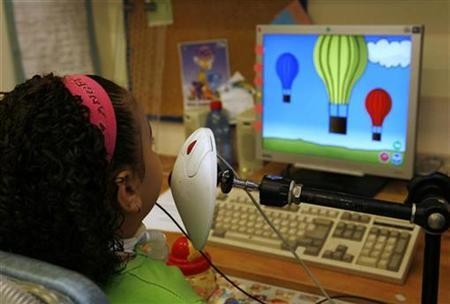A new study shows that the first-born child in a family is usually smarter than his or her brothers and sisters, with each consecutive sibling having a slightly lower Intelligence Quotient (IQ) than the previous one. The research on birth order found differences in factors such as intelligence, personal freedom, and parental attention, although the order of birth had no effect on personality.
The study was published in the journal PNAS. It was conducted by the University of Leipzig in Germany.
The social scientists examined data sets that included 10,457 Germans, 5,240 Americans, and 4,489 Britons. Their goal was to compare people within their families and sibling sets.
They gave the study's participants a survey that asked various questions. The topics included their birth order, IQ, and five features of personality such as imagination and emotional stability.
Researchers learned that the oldest children usually earned the highest scores on intelligence tests. This supported past studies
Researchers discovered that the oldest child usually feels pressure to succeed, which could cause better grades in school. On the other hand, the younger siblings typically have more freedom to do whatever they want.
The firstborn son or daughter will get his or her parents' full attention for months or years. This could cause Dads and Moms to stress the importance of education more than with later-born kids, thus resulting in higher IQ scores, according to Time.
However, researchers discovered that children's order of birth did not affect their personality, according to CBS Atlanta. This debunked the "birth order effect" theory that birth order and personality are linked.
Julia Rohrer was one of the study's authors. She explained that the study's findings showed no strong links between birth order and character.
Other recent studies have compared first-born and later-born siblings. One found a link between the oldest daughter and heavier body weights, while another study discovered that firstborn children are 20 percent more likely to have myopia (nearsightedness).



























